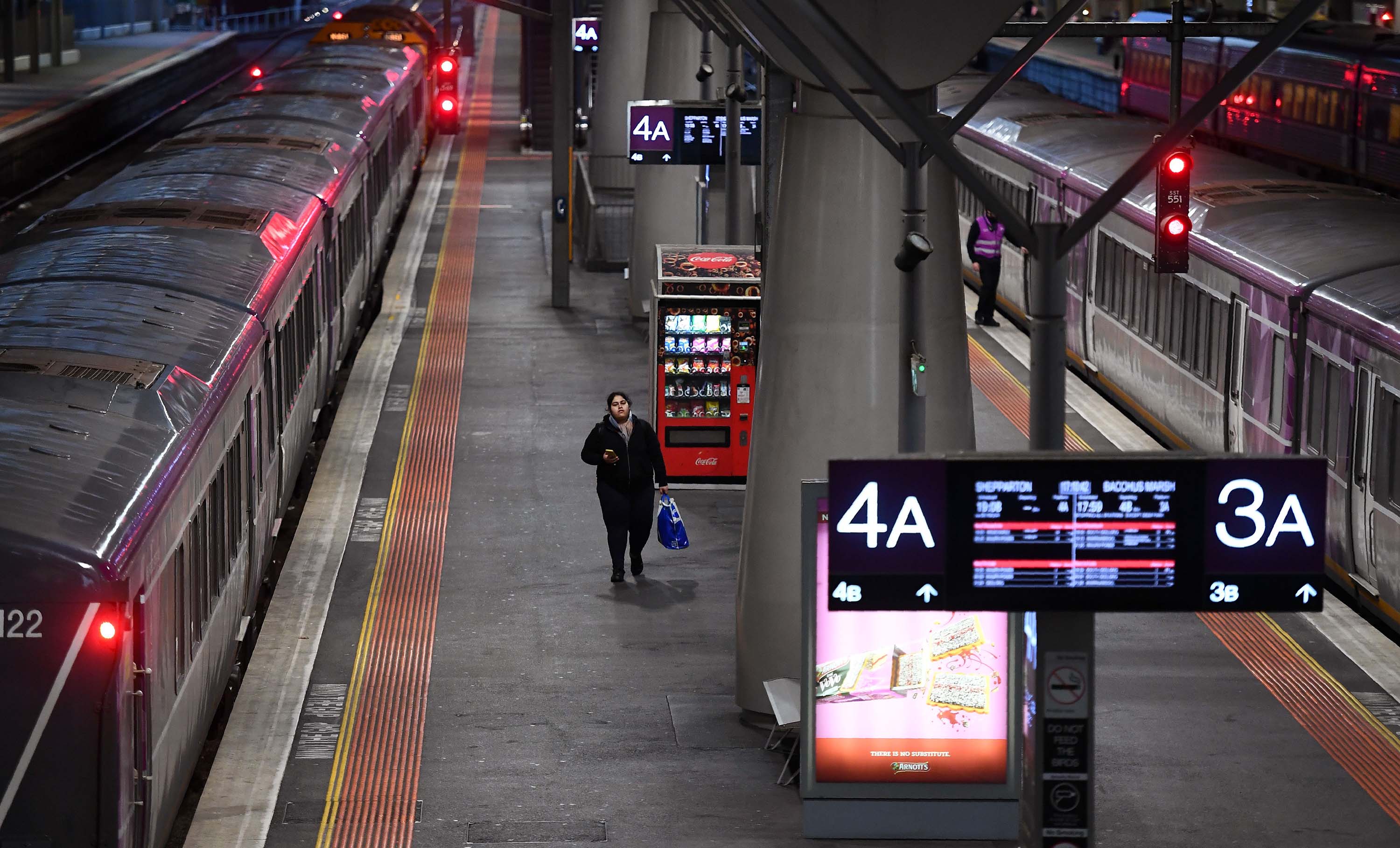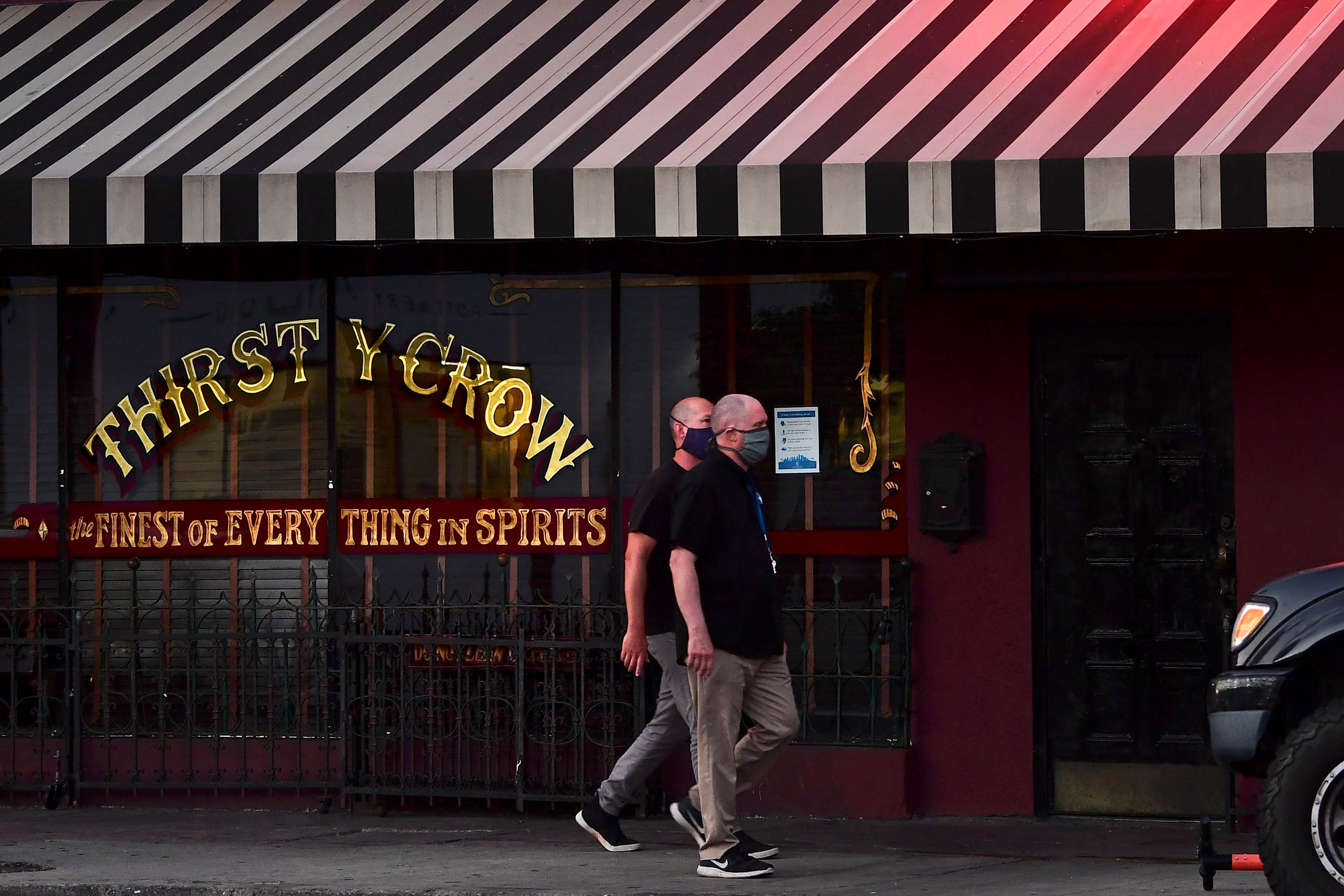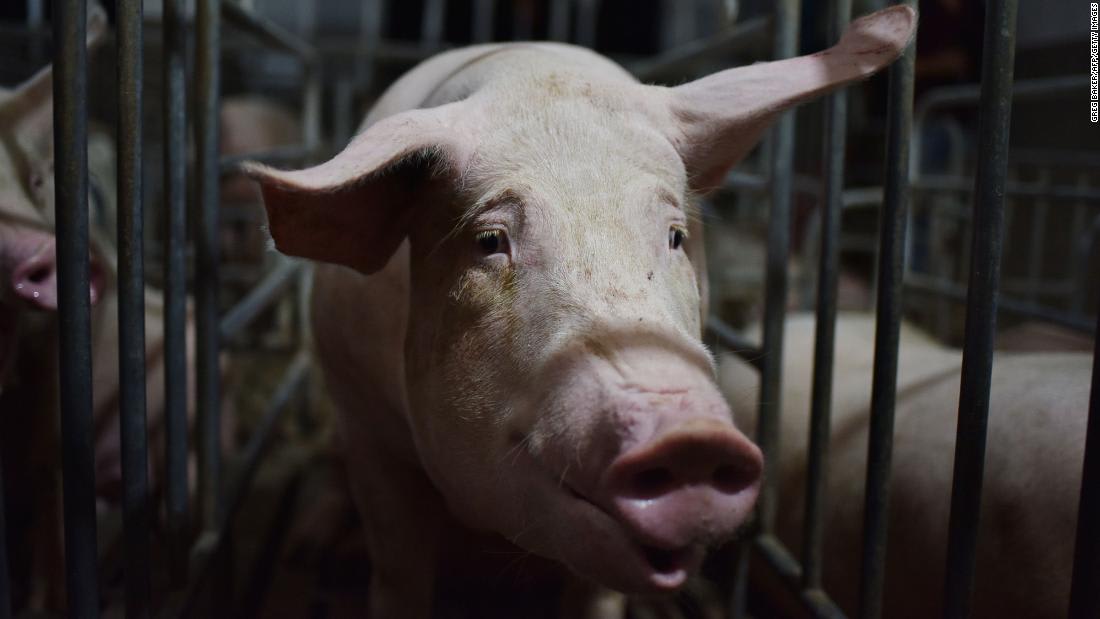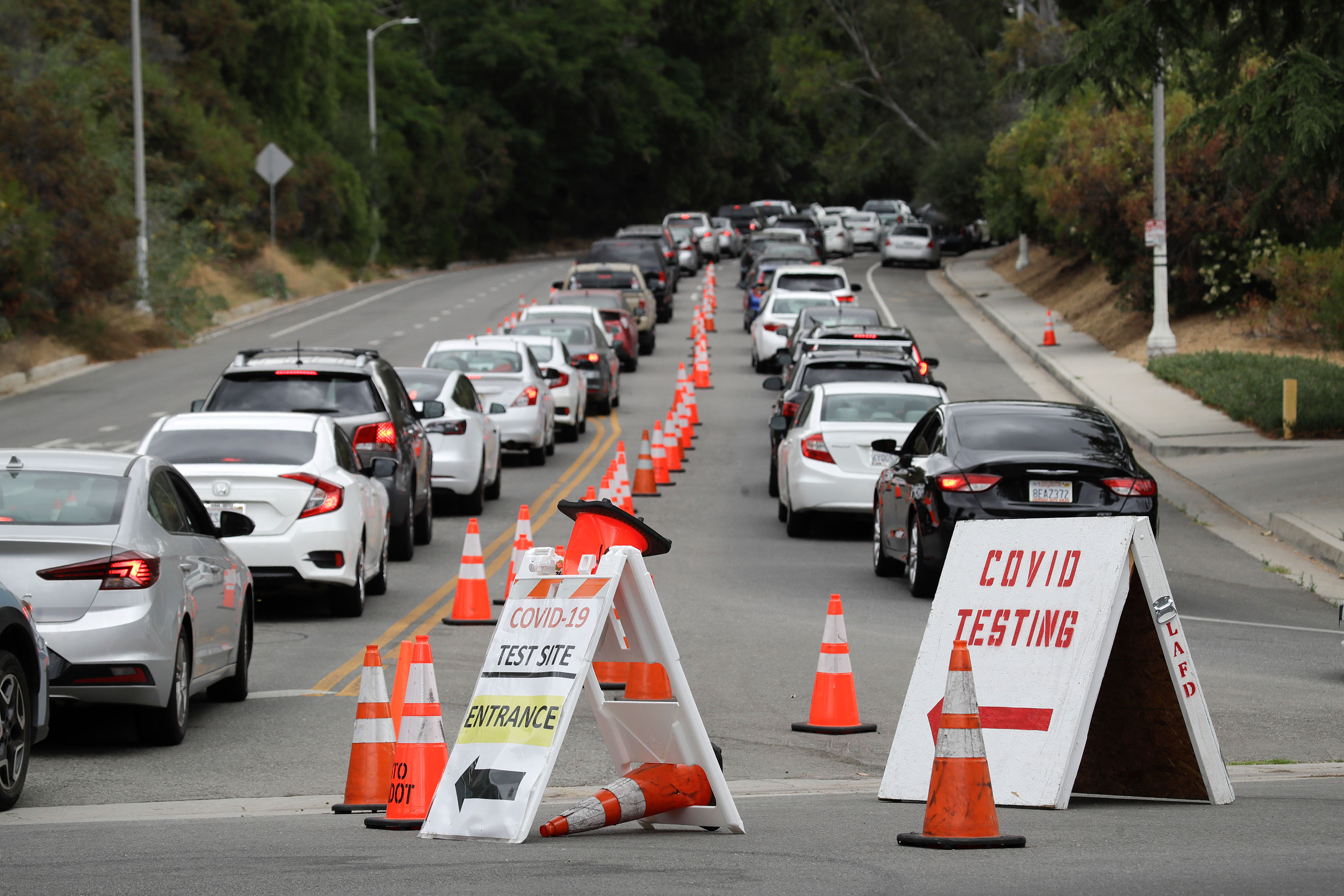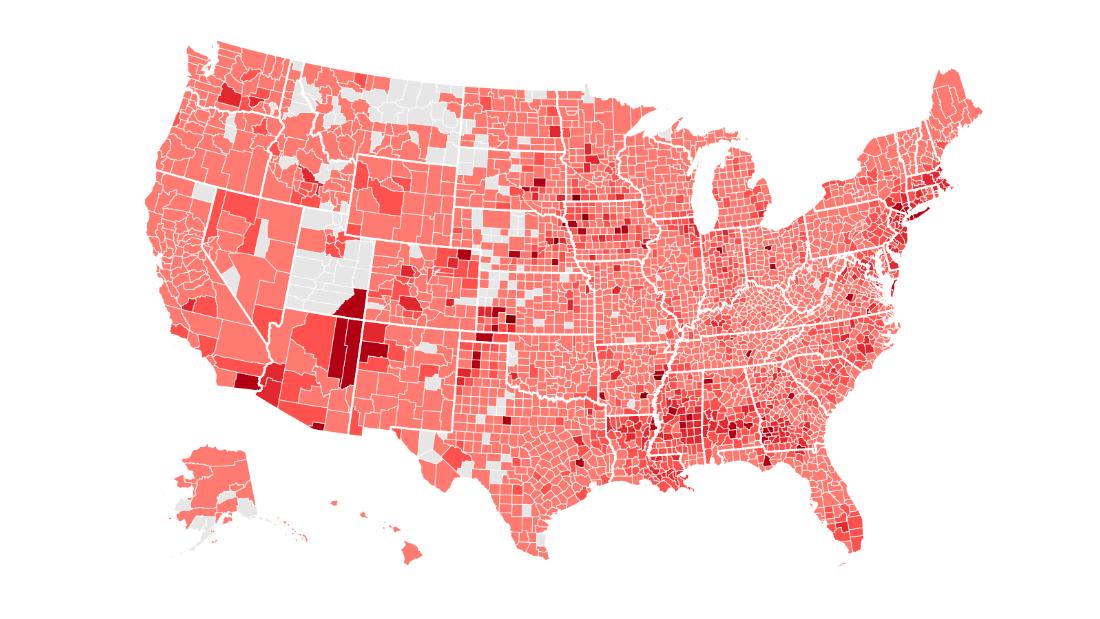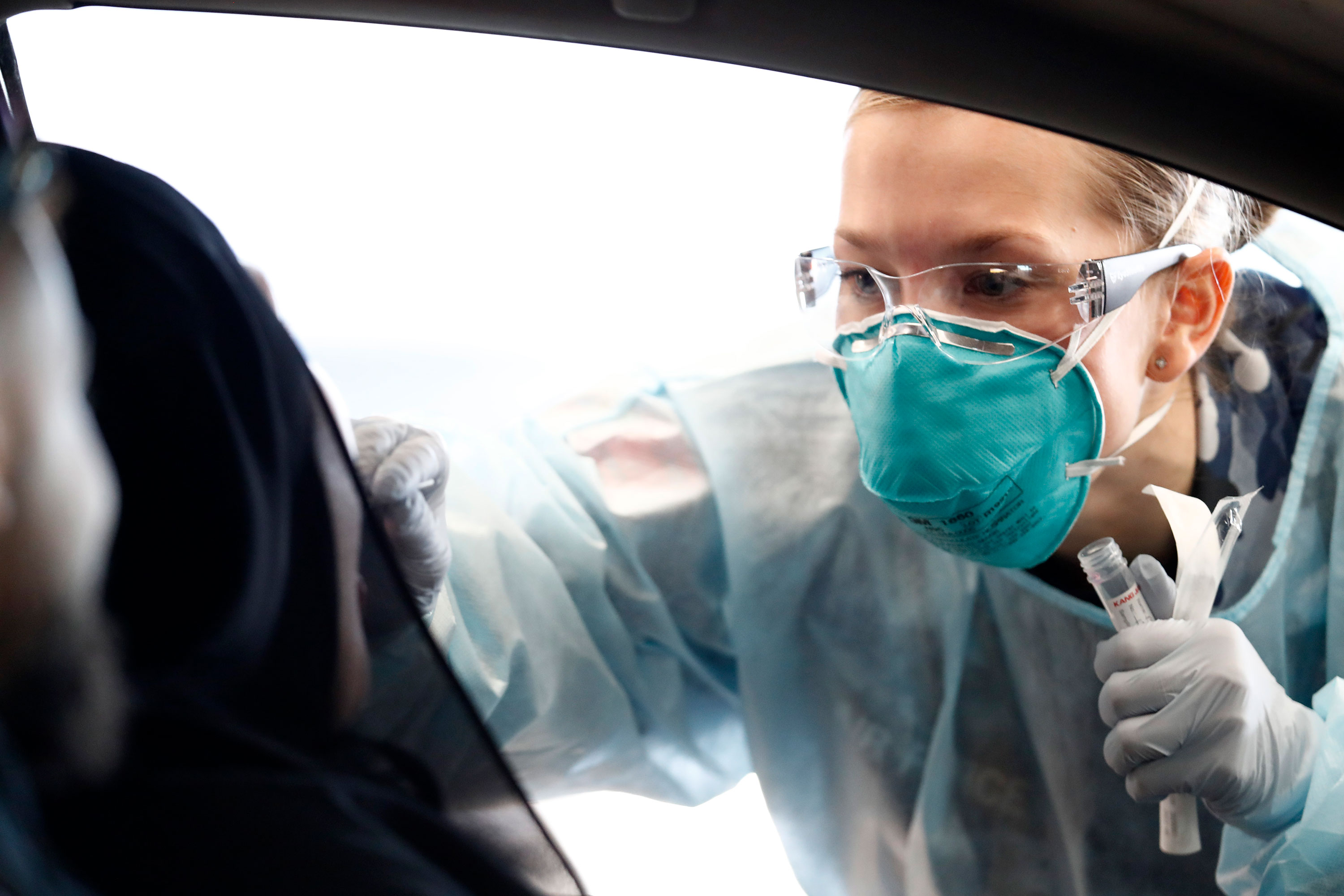UK Health Secretary Matt Hancock said Tuesday that there is an unusually “high incidence” of coronavirus cases among children in Leicester, a city in England's East Midlands region which will be the first in the UK to be put under a localized lockdown.
Hancock said that this does not mean children are necessarily presenting symptoms or are unwell.
“We sent in a lot of extra testing into Leicester over the last 10 days or so and one of the things we've found is that there are under-18s who have tested positive and therefore, because children can transmit the disease even though they are highly unlikely to get ill from the disease, we think that the safest thing to do is to close the schools,” Hancock said on BBC Radio 4.
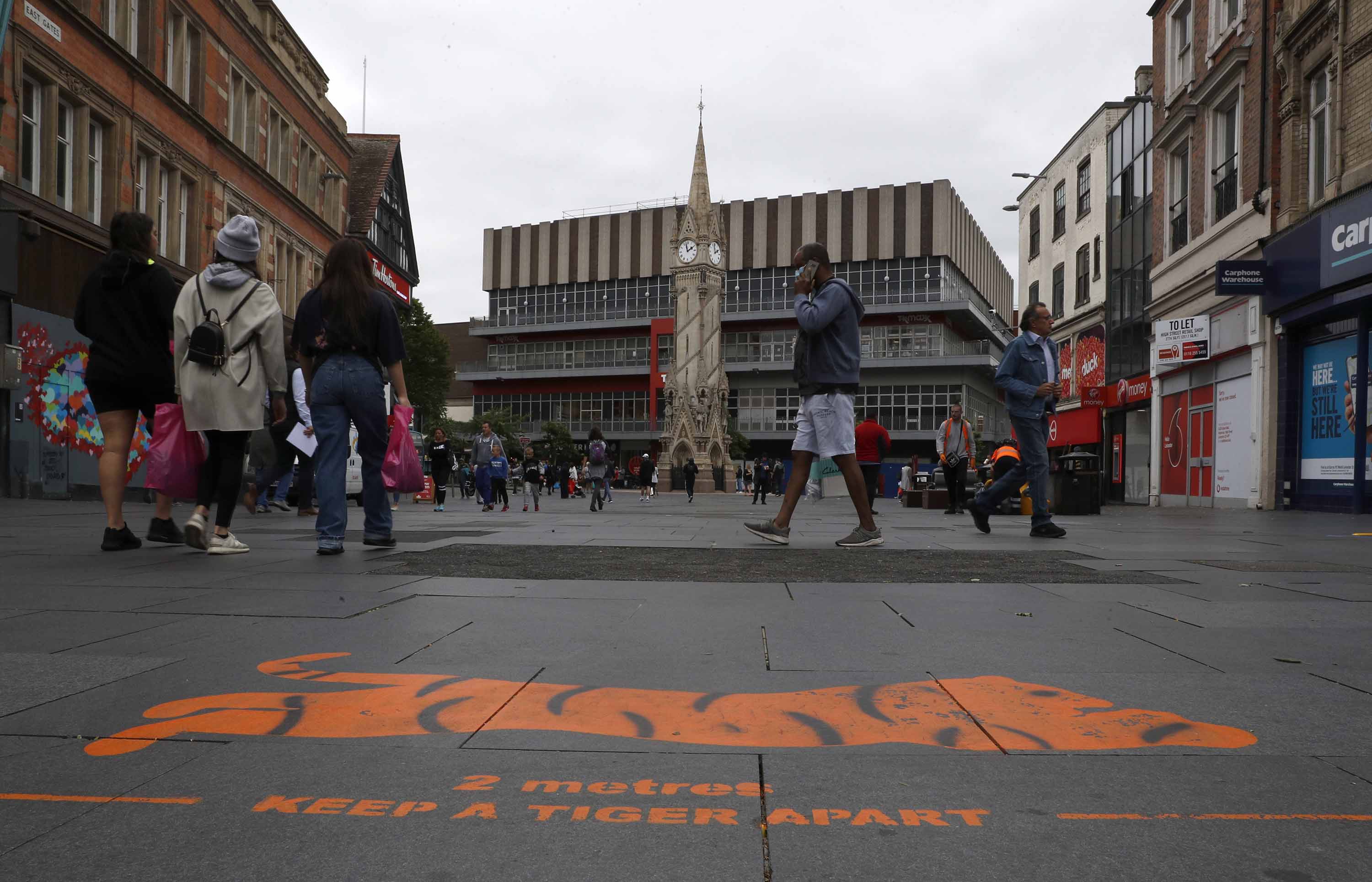
Local lockdown: As part of a localized lockdown on the city, non-essential shops will close from Tuesday in Leicester, and schools will close on Thursday. Vulnerable pupils and children of key workers will continue attending class.
Some 3,216 Covid-19 cases have been confirmed in Leicester since the start of the pandemic, the latest figures obtained by the city council show. Of these, 944 cases were reported in the last two weeks until June 23, according to a council statement.
The government’s lockdown decision is “to protect against the transmission in Leicester” where, according to Hancock, “the number of cases is three times higher per head of population than in the rest of the next closest city.”
One in 10 of all of positive cases across the whole country in the last week have happened in Leicester, so we really have a specific outbreak and that's why I've taken the action that I have,” Hancock added.
Challenges ahead: Asked how the lockdown will be enforced, Hancock told Sky News that the government will bring forward "a legal change very shortly in the next couple of days."
The Mayor of Leicester Peter Soulsby told Sky News Tuesday that "it's going to be quite a challenge” to enforce the lockdown on the city.
Asked if there will be roadblocks by the police, Soulsby said that “that is wholly impracticable” and that the council “doesn't have the resources” to enforce the lockdown.
